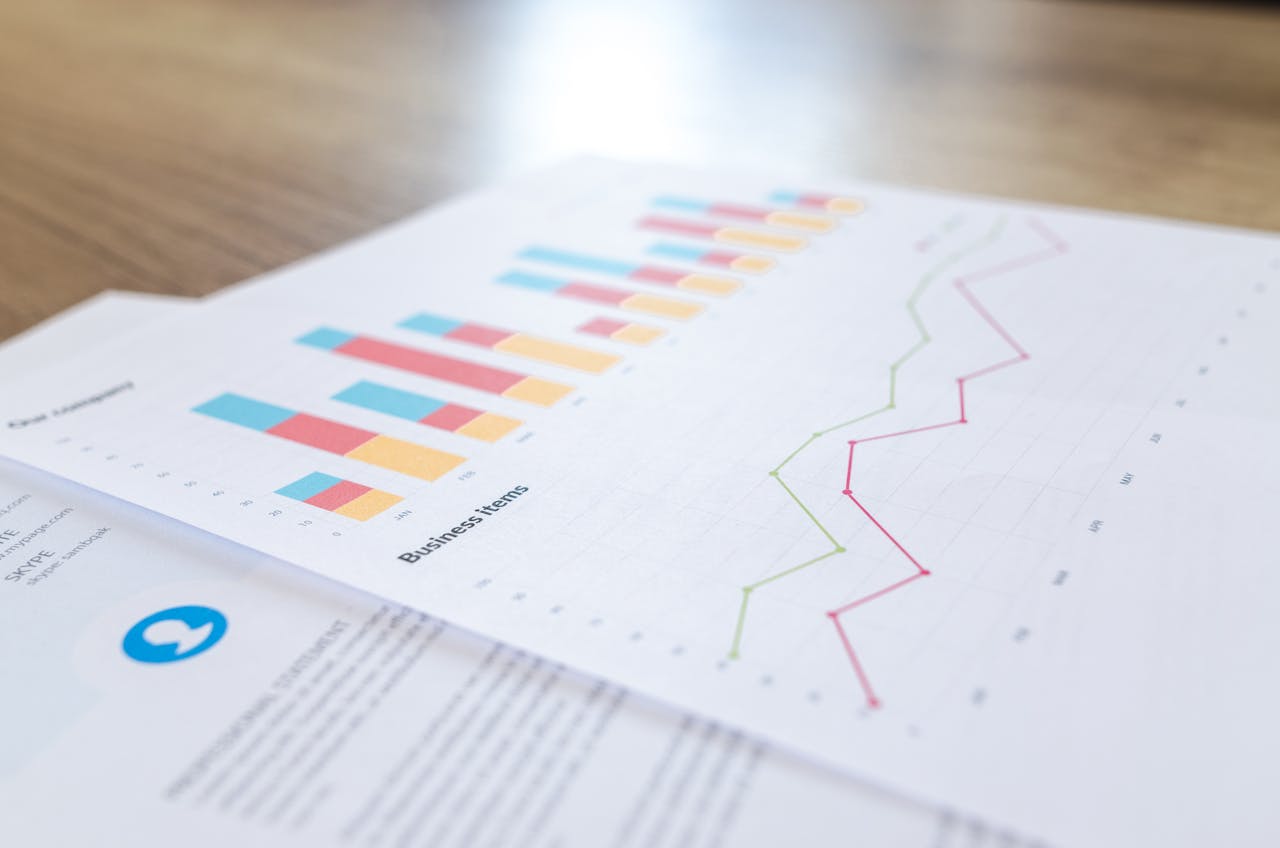What is Google Ads?
Google Ads is an Internet advertising service that allows businesses to show promotional marketing materials in Google search results. The little “Ad” label on a search result indicates that it is an advertisement.
With Google Ads services, your company may develop a campaign that is specific to your objectives, region, desired demographic, target keywords, and budget. When a user enters one of your targeted keywords into Google, the ad campaign is activated and the relevant ad appears in the search results. For example, if your ad campaign targets the keywords “best restaurants in Tampa, Florida” and someone searches for that term, your ad will appear at the top of the search results page.

- Google advertising runs a virtual auction to choose which advertising show at the top of search engines, which is referred to as ad space. Companies can bid for the placement of these ads using three primary bidding strategies:
- The cost-per-click (CPC) approach is based on ad clicks. Companies only pay when customers visit their website. Higher CPC bids improve the likelihood of appearing in search results.
- Cost per impression (CPM) refers to the amount of time your ad is visible in Google search results. Businesses that prioritize brand visibility over clicks frequently select this method.
Cost per action (CPA): This is the price a company pays for each conversion, or action that is done on their website once a customer clicks on their advertisement. Anything from clicking the “buy” button to filling out an online survey to subscribing to a newsletter could be considered a conversion.
What is the function of Google Ads?
One tool you may use to market your company, offer goods or services, create awareness, and boost website traffic is Google Ads. You can create and modify your ad campaign at any moment, including your ad text, settings, and budget, because Google Ads accounts are controlled online.
How do Google Ads operate?
Google Ads largely uses a pay-per-click (PPC) model after you create an account. When a user clicks on an advertisement, they are taken to the landing page you have specified for that particular ad. To learn more about the effectiveness of your advertisements, you will receive data every 24 hours while your campaigns are running.
For what reasons should companies use Google Ads?
There are numerous advantages to use Google Ads, even if you’re hesitant to spend money on internet advertising campaigns:
1. Beat search engine optimization (SEO) strategies in terms of results
The process of enhancing a website’s functionality and content to naturally increase its appeal to Google’s search algorithm is known as SEO. It includes conducting keyword research, producing quality content, establishing pertinent backlinks, and ensuring that the website functions at its best. Although an SEO plan is necessary to raise website ranks and boost traffic, it takes time to show results because other businesses are using similar tactics to compete for the top spot.
Use Google Ads if you want to increase website visitors quickly. Because you aren’t competing with organic search results, Google Ads produces speedier results. As soon as you start your campaign, the webpage you’re targeting will appear at the top of search results for your target audience. This does not imply that SEO is no longer important; Google Ads simply produces quicker results by increasing the number of people who see your page right away.
2. Connect with the appropriate audience
Customizing your target audience by geography, keywords, language, interests, and other factors is possible with Google Ads. Based on their past searches or visits to specific pages on your website, you can even target customers who have already shown interest in your offering.
In this manner, only qualified leads will be able to view your website, saving you money on advertising that isn’t targeted at the wrong audience.
3. Boost visibility and recognition of the brand
When people are searching for a product or service, conducting research, or simply surfing the internet, they go straight to Google. Having a presence on the most popular search engine in the world is crucial for this reason.
You can make sure the right people see your brand at all times by using Google Ads to promote your website. Users are more likely to recognize and recall your brand when they view the same advertisement often. Gaining more leads, conversions, and paying clients depends on this recognition and exposure.
4. Maintain contact with clients
Your business may lose out on conversion chances if people visit your website after seeing a Google ad but do not engage with it.
By showing those visitors banner advertising on other websites or applications, Google advertising enables you to retarget them. Retargeting advertisements, for example, can be made for clients who have visited a particular service or product page but have not yet made a purchase. These advertisements may take the form of dynamic ads that follow the user across a particular website, image and text ads, or videos. You may maintain contact with leads even when they aren’t actively looking for your business by maximizing the effectiveness of retargeting advertising.
5. Track and evaluate the effectiveness of advertising campaigns
Google Ads offers comprehensive data on your advertising campaigns, including impressions, clicks, traffic, conversions, and more. The most effective forms, keywords that prompted the ad, and the source of leads can all be found in Google AdWords analytics. In this manner, you may quickly determine which programs are most effective, make changes to improve their performance, or halt those that aren’t yielding the expected results.
6. Manage the funds for your campaign
One big benefit of Google Ads is that you have fine-grained control over your campaign budget. To begin, you target particular keywords and base your bidding strategy on the metrics that are most crucial to your company (e.g., clicks, impressions, or conversions).
To make sure you don’t go over budget while optimizing your reach, you can then establish a daily budget for every campaign. Additionally, you have the option to halt your campaigns if you wish to change the content of your ads or if the expenses become too high.
7. Monitor and surpass the advertisements of your rivals.
You may monitor what your rivals are doing and how they are bidding for their keywords using Google Ads, a transparent platform.
This allows you to examine their tactics and modify your own accordingly. For example, you may target a more specialized user base, try less competitive keyword variations, raise your CPC, or enhance the caliber of your ad content if rivals are bidding on the same keywords as you.
Altering to a new bidding approach, such as CPM or CPA bidding, is another option.
8. Optimize ROI (return on investment).
For businesses, Google Ads offer a substantial return on investment. For starters, you can enhance conversions by limiting your target audience to simply those who are most likely to visit your website.
More significantly, Google Ads analytics let you analyze campaign expenses and assess the effectiveness of your advertisements. Businesses trying to enhance their marketing plans and future decision-making will find these insights to be quite beneficial.



